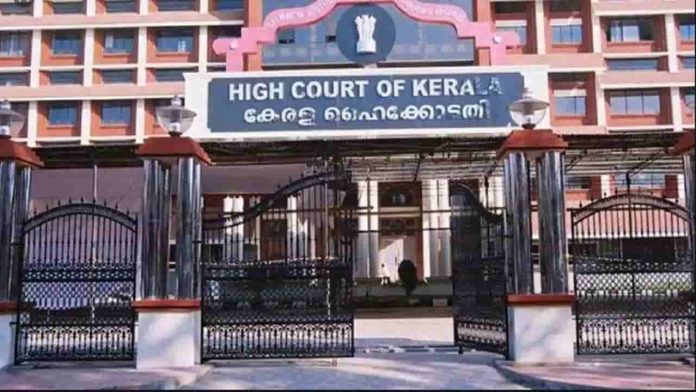The Kerala High Court has said that as per their opinion search engines like Google cannot say that they are only intermediaries having no control over the content which appears in the search results.
A Division Bench of Justice A Muahmed Mustaque and Justice Shoba Annamma Eapen said that during a judgment which pertains to Right to be forgotten and the manner in which it applies to publication of court judgments and proceedings, due to the absence of any specific legislation.
The Bench said that they cannot hold that Google is content blind to the publications made online.
The bench said that we are living in an era of Artificial Intelligence (AI), and it is quite possible for Google to identify the nature of the content and remove the same.
The Bench said that search engine like Google are not just a passive conduit. They are now using AI tools to identify the needs and requirements of a user online and attempting to bring out the best results in what they are looking for online.
The Bench also added that the publication of any valid records is protected by the Constitution as forming part of Article 19(1)(a), the right to freedom of speech and expression.
It further added that for Google it cannot be difficult to create a tool and identify particular data and remove the same.
The Court added that if that is not done, it would really infringe the claim based on the right to be forgotten.
The Court came up with the judgement while dealing with pleas moved by certain litigants who wanted their details to be erased from the Google search and on legal resource website Indian Kanoon.
The litigants had claimed that even after their acquittal in the those cases,their name features in the google search. Some of the petitioners in the batch of pleas were involved in matrimonial and custody disputes.
The Court clarified that it was not looking at the responsibility of Google for publishing judgments online as per the Information Technology (Intermediary Guidelines and Digital Media Ethics Code) Rules, 2021.
The Court said that it is concerned with the nature of information online, which goes against the right to be forgotten..
The Court thus said that in the absence of legislation, litigants may have to approach the Court and it may have to recognise their right and direct removal of such content available online on a case-to-case basis.


